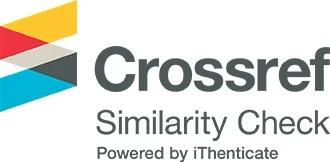Conflict of Interest Policy
Conflict of Interest Policy
The journal follows a clear and transparent policy in dealing with conflicts of interest that may affect the objectivity of research or the peer review process.
Definition of Conflict of Interest
A conflict of interest arises when a personal, financial, or academic relationship may compromise the impartiality of research or its evaluation. This applies to:
-
Editorial Board: Any relationship with entities that may benefit from publication.
-
Authors: Receiving funding from organizations related to the subject of the research.
-
Reviewers: They must not have any connection with entities that could benefit from the publication of articles in the journal.
Responsibilities of the Involved Parties
-
Authors:
-
Must disclose any financial support received from any institution.
-
Must declare any relationship with organizations that could influence the research.
-
-
Reviewers and Editorial Board Members:
-
Must refrain from reviewing any manuscript in which they have a vested interest.
-
Must immediately disclose any relationship with the authors or the subject matter.
-
Must maintain confidentiality and refrain from using research content for personal purposes.
-
Handling Conflicts of Interest
-
Authors are required to complete a Conflict of Interest Disclosure Form.
-
If a reviewer is found to have a conflict of interest with the author, they will be excluded and replaced with another reviewer.
-
If it is discovered that an author failed to disclose a conflict of interest, the manuscript will be withdrawn and not published.






